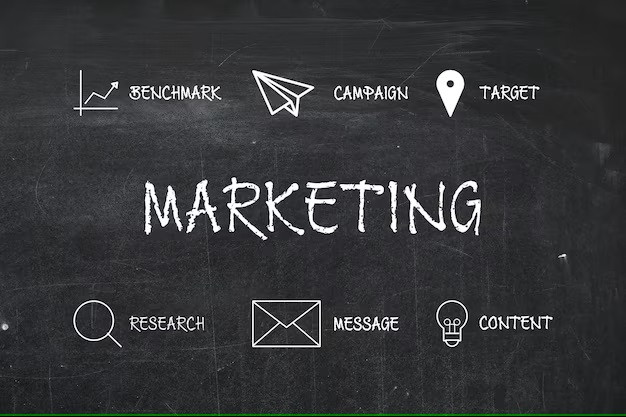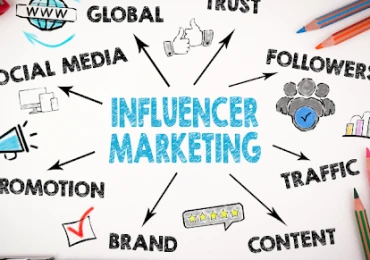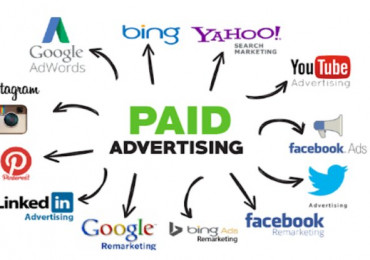
It is an unethical or illegal marketing technique in which illegal, misleading, or harmful methods are used to achieve marketing goals. This includes selling counterfeit or fake products, using misleading information, or violating intellectual property rights.
Characteristics:
1. Secrecy: Black marketing activities are often carried out in secret to avoid detection.
2. Misleading methods: Using false or misleading information to attract customers.
3. Legal violation: Involves violating intellectual property rights or trade laws.
Benefits and features:
1. Quick profits: Marketing illegal or counterfeit products can generate quick profits.
2. Quick customer attraction: Black marketing may attract customers in unconventional ways.
3. Low marketing costs: In some cases, black marketing costs may be lower than legal marketing campaigns.
Disadvantages:
1. Legal implications: Exposure to legal penalties and fines.
2. Damage to reputation: A company’s reputation can be damaged if black marketing practices are exposed.
3. Harm to customers: Selling counterfeit or misleading products can cause harm to consumers.
4. Long-term consequences: Negative impact on customer relationships and market confidence.
Types:
1. Selling counterfeit products: Selling illegal copies of original products.
2. Misleading marketing: Providing false information about products or services.
3. Copyright infringement: Using trademarks or patents without permission.
Examples:
- Arabic: Selling counterfeit fashion online as original brands.
- Foreign: Using "fake optimization" techniques in search engines to boost the ranking of fake websites.
Black marketing is an unethical and illegal marketing practice that involves using misleading and illegal methods to attract customers. While it may provide short-term benefits such as quick profits and low costs, it has significant negative consequences including legal damages, reputational damage, and harm to consumers.

01/09/2024

17/08/2024

26/08/2024

30/08/2024

01/09/2024

30/08/2024

15/08/2024

16/08/2024

15/08/2024

17/08/2024

20/08/2024

17/08/2024

18/08/2024

23/08/2024

01/09/2024

16/08/2024

14/08/2024

18/08/2024

14/08/2024

26/08/2024